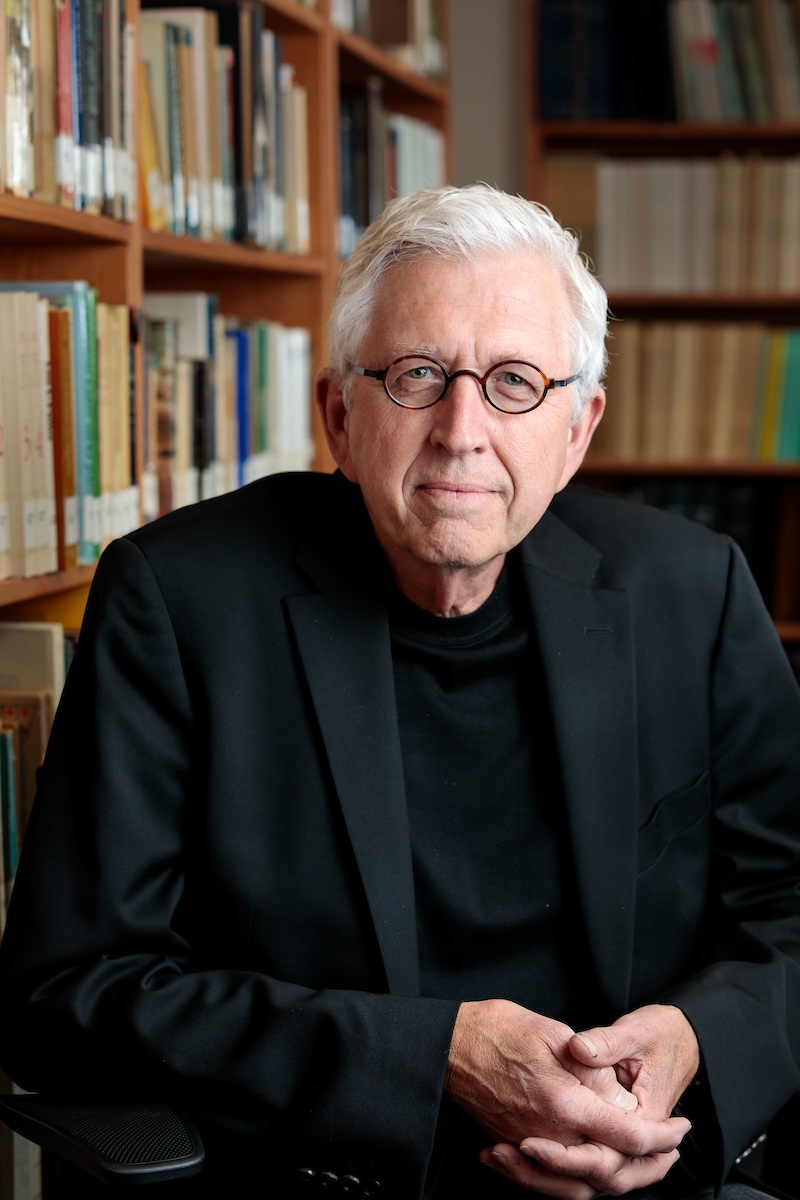
[Richard B.] Spencer graduated from UVA in 2001, then proceeded to the University of Chicago for a master’s degree in humanities. He said he studied there with the philosopher Robert Pippin, who “influenced me a great deal.” “It was there I started questioning the fundamental nature of democracy,” Spencer said. (Pippin doesn’t remember him. “I regard his rhetoric and activities as loathsome and despicable,” Pippin wrote to me. “I revere the founding principles of liberal democracy, and want no association with the man.”) At a party during his year at Chicago, he confessed his political leanings to the Marxist philosopher Gopal Balakrishnan, then a professor at the school. Spencer recalls that Balakrishnan gave a professional diagnosis on the spot: “You’re a fascist.”
The above italicized material is from an article in The Atlantic by Graeme Wood. Here's a link: June Issue.
It inspired me to look into this other fellow, Robert Pippin, somewhat further.
Pippin is a Hegel scholar. The list of his publications on the U.Chi. faculty website includes articles with the following titles: "Hegel on the Political Significance of Collective Self-Deceit," "Hegel on the Varieties of Social Subjectivity," and "Hegel's Logic of Essence." in order to try to get the flavor of it, I clicked on one that seemed perhaps less heavy-going than any of those, a critique of Richard Rorty's comments about Hegel.
https://uchicago.app.box.com/s/6nggfxixwfpb0o8raiibzwtxzysrbocr
Rorty (who sees himself as part of the American-pragmatist line) has said that reading Hegel is a matter of getting "into the swing of the story that is being told," not a matter of assessing the cogency of arguments.
As far as I can tell, Rorty says this in a friendly spirit. It is an effort to assimilate Hegel and some sort of Hegelianism to the cause of those Rorty considers the good guys in philosophical history. But Pippin is saying that Hegel needs to be rescued from such friends.
I don't know if this gets us back to the Wood article about Spencer in any way. But my own long-time view is that Karl Popper had Hegel basically right, Hegel is antithetical to the open society. I suspect that Rorty and Pippin are both engaged in the same sort of activity re: Hegel, although they have different ways of going about it, hence the one writing a negative review of the other. Their common activity is to interpret or re-interpret Hegel to make a nice guy out of him.
Best to abandon that and let him wear the black hat forevermore, guys! Anything that is good for Hegel's reputation probably helps the Richard Spencers of the world.
That, by the way, is Pippin in the photo above.
Comments
Post a Comment